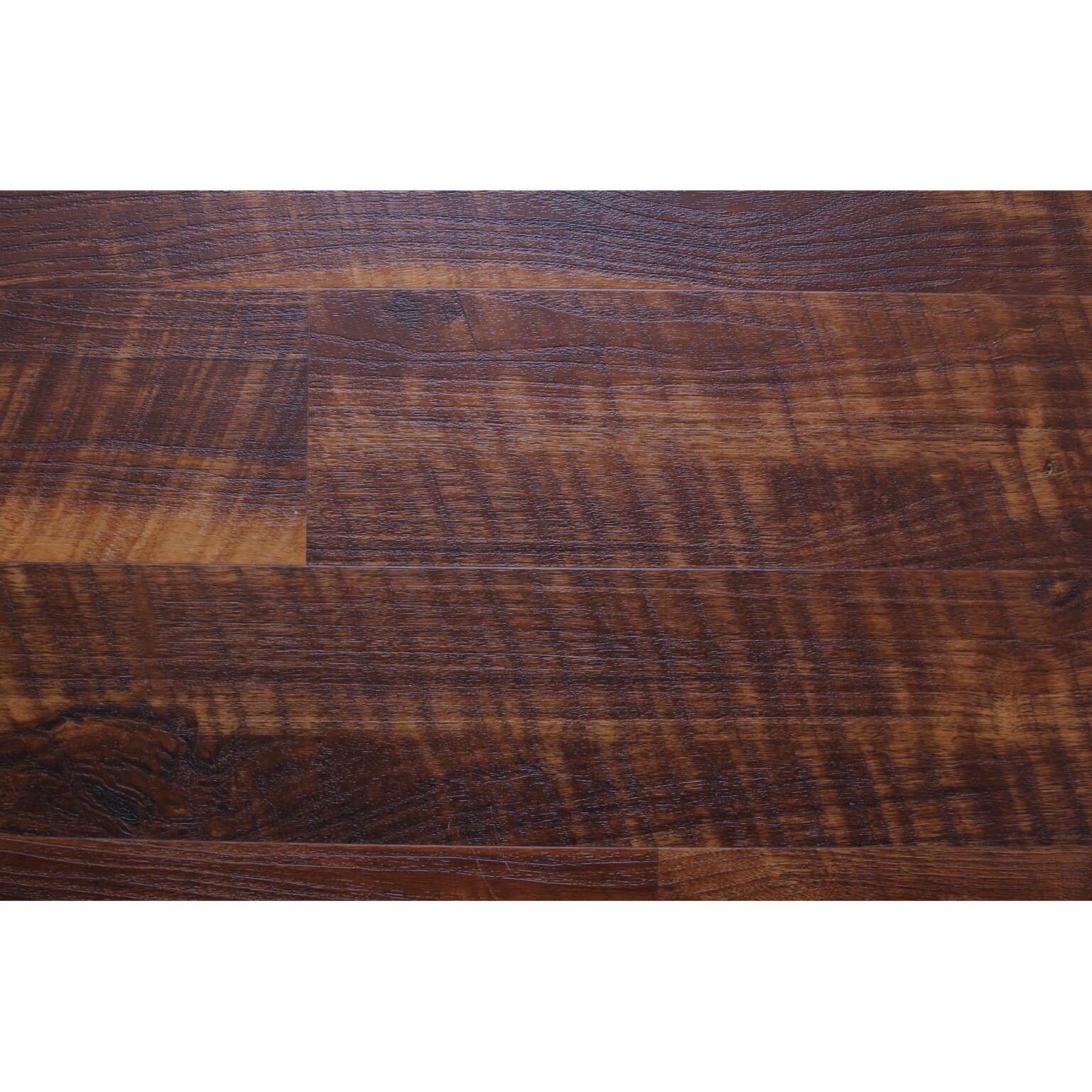
Solid hardwood (pre-finished): Pre-finished flooring that is factory stained and finished has all the disadvantages of solid hardwood, and is even more susceptible to moisture penetrating between the boards since there was no liquid layer of finish applied to fill the seams after installation.Site-finished hardwood is slightly better against moisture than pre-finished wood flooring since the sealant fills the seams and provides protection against water seeping to the subfloor. And it is strongly discouraged for bathrooms, where water is prevalent. Once hardwood floors become water-logged, it is possible to save them, but they will never be as good as new. Solid hardwood (site-finished): Solid hardwood flooring, particularly of the parquet or tongue-and-groove variety, will not work in below-grade environments such as basements.Bamboo flooring: Though bamboo flooring is made of organic material, the bamboo is heavily imbued with chemicals and resins that are water-resistant, though not waterproof.Regular sealing improves the water-resistance of linoleum, but tile floors will always be an issue due to the many seams. It is made from organic material including linseed oil, wood and cork flours, and tree resins. Linoleum sheets or tile: Linoleum is regarded as a water-resistant material, but not waterproof.Even laminate flooring sold as water-resistant or waterproof usually comes with the caution that spills and splashes need to be wiped up immediately. Any moisture that passes through the seams of a laminate floor can ruin the installation. Laminate flooring: This artificial product performs better than solid wood flooring in moisture tests. But laminate flooring uses a fiberboard core that will swell and blister when it comes in contact with water.Like other floor coverings in this category, engineered wood is not a good choice where standing water is an ongoing likelihood.

Manufacturers of engineered wood flooring may warranty their products against moisture damage but usually stipulate that spills and splashes need to be wiped up immediately. Engineered wood will not stand up to long periods of standing water, but occasional puddling is not a problem.


Sheet vinyl: Sheet vinyl is a 100 percent waterproof solid surface. Usually, it has very few, if any, seams that allow water to penetrate to the substrate.As with porcelain, the weak point of ceramic tile is not the tile itself, but the grouted seams between the tiles. Ceramic tile: As with porcelain, ordinary ceramic tile is an excellent choice in areas that see puddling or standing water. The only difference is that non-porcelain ceramic tile has a slightly higher water absorption rate, though this is typically not an issue.
ENGINEERED VINYL PLANK FLOORING CRACKED
Cracked grout seams can provide an avenue for moisture to seep down into the subfloor. Porcelain tile is arguably the very best material for chronically damp locations, provided the grouted seams are maintained adequately.

Porcelain tile has a water absorption rate of 0.5 percent or less, as defined by American Society for Testing and Materials (ASTM) C373. Porcelain tile: Porcelain tile is a form of ceramic tile often used in showers, bathtubs, pools, and other pure-water areas. This material is highly resistant to intense water, thanks to the very fine clays and high firing temperatures used in its creation.The Spruce Home Improvement Review Board.


 0 kommentar(er)
0 kommentar(er)
